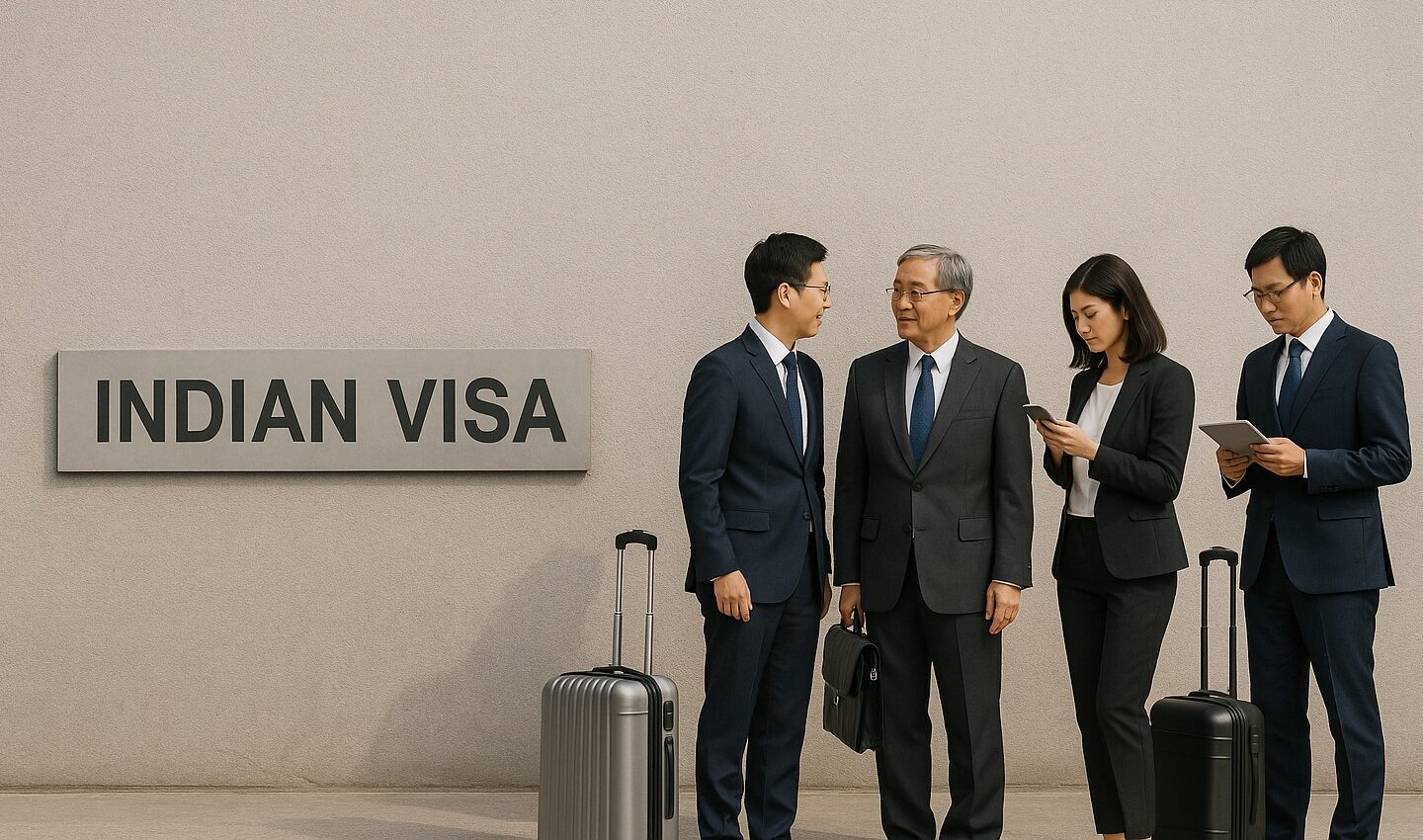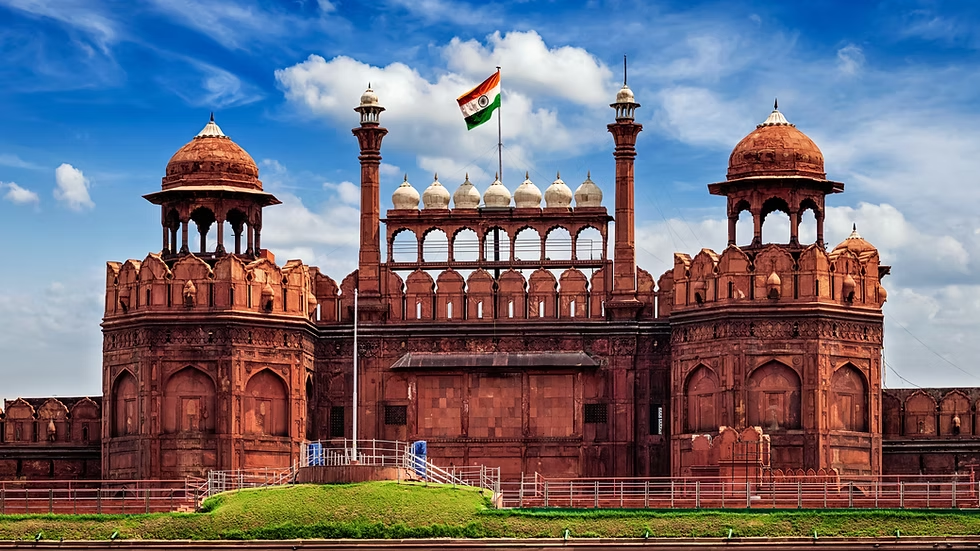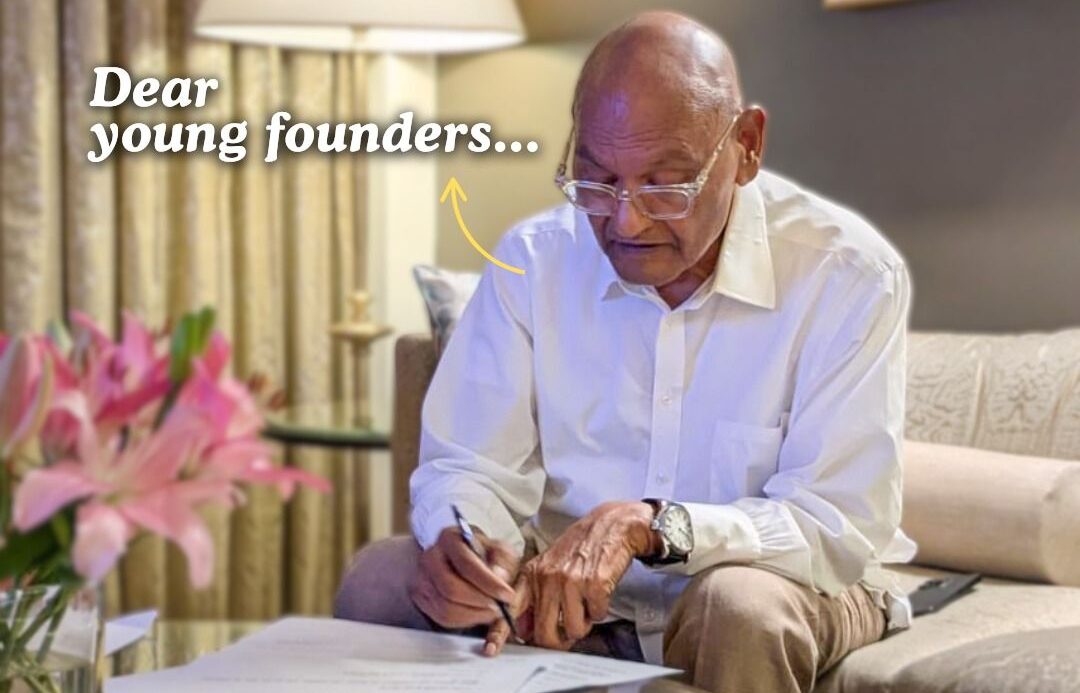India is preparing to relax restrictions on business visas for Chinese nationals, a move that could open the door for senior executives from major consumer-electronics and automotive brands to re-enter the country after nearly five years of curtailed access. Companies likely to benefit include Vivo, Oppo, Xiaomi, BYD, Hisense, and Haier, according to officials cited in a report first published by The Economic Times.
Officials familiar with the matter indicated that most non-technical visa applications for senior roles are now expected to be approved. A senior executive at a Chinese electronics company, speaking on condition of anonymity, said firms had been asked to submit applications for business positions, describing the development as a relief after months of delays to decision-making and repeated detours for meetings in China and third-country hubs such as Singapore, Hong Kong, Thailand, and Malaysia.
What’s changing and what isn’t
- Easing for business roles: The emerging stance focuses on non-technical, senior business positions, improving the odds of entry for top managers and decision-makers.
- Technical roles remain constrained: For roughly a year, India has tightly controlled visas for technical roles, with limited exceptions, most notably for companies participating in production-linked incentive (PLI) schemes. Those guardrails are not the subject of the current easing signal.
- Background to the curbs: The stricter regime followed border tensions in 2020, after which the government also sharpened investment screening under the Press Note 3 framework, requiring multi-ministry approval for inbound investments from countries sharing a land border with India.
Business Visas For Chinese Nationals: Why this matters
The prospective change, while limited in scope, is significant for supply chains, after-sales operations, partner management, and corporate oversight, functions that typically require senior managers to travel in and out of India. For smartphone brands and appliance makers with large assembly bases and vendor networks, smoother executive mobility can reduce bottlenecks in planning and approvals, speed up vendor alignment, and support new product introductions and seasonal ramp-ups.
Industry voices quoted in the reporting suggest the shift could accelerate stalled decisions, replacing workarounds that forced regional meetings outside India. That, in turn, may lower travel costs and compress project timelines for India operations of these firms.
Signal Of Easing
While the signal of easing is clear for business-focused entries, observers will watch whether the approach gradually widens to technical specialists, a category that has remained tightly controlled due to strategic and security concerns. Any broader relaxation would likely be calibrated and conditional, particularly around compliance, sourcing, and alignment with government manufacturing and technology objectives such as the PLI framework.
Also Read: China leans on India to counter US trade barriers
























